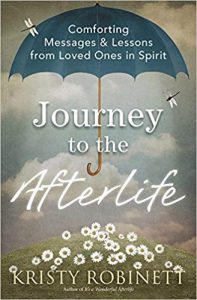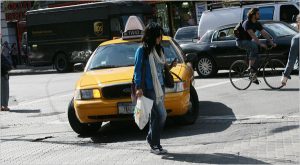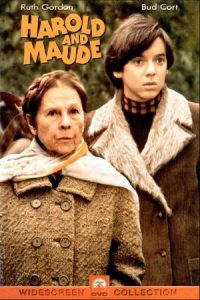Perhaps my friend’s trip to the bathroom inspired our question, or maybe it was evoked by the atmosphere of the Chinese restaurant in Boston. Our lazy hypothetical possibility was more than merely passing time, although at first I don’t think any of us could have guessed that the question would provide more than a moment’s pause in a rice-filled soy-sauce day.
“What if, when you were in the bathroom, we left you in the restaurant alone? What if you came out of the bathroom and we were gone? What would you do?”
What would you do?”
My friend’s answer to the question was unusual enough that I frequently return to it and ponder its implications. I imagined that he would call his wife immediately, tell her what happened and then arrange transport to get home. He is more than normally careless about spending, so he would have likely—it occurs to me now—rented a car and driven it home, but at the time I first thought of the train leaving from  South Station that would take him directly home.
South Station that would take him directly home.
Instead of the expected answer, he told us that he would immediately return to the bookstore we have visited an hour earlier and buy a book. That is a “comfort item,” he rather insufficiently explained. After that purchase, he assured us, he would consider how to get home and think about what jerks we were for abandoning him downtown.
The random caprice of his answer surprised me, and even now I am struck by its curious illogic. By the time he had retraced his steps to the bookstore, and browsed the shelves for the comforting title he could carry, he might have missed the last train. That risk notwithstanding, he wouldn’t call about trains first, but rather would buy the book and then try to find the train station.
Perhaps many of us would make such choices, like the Polynesian settlers of Easter Island who  prioritised carving the stone heads of their gods instead of thinking about their deteriorating environment, but the mute obstinacy of that act—of willfully ignoring the physical world in favour of the mental—seems like a dangerous but perhaps prevalent mental illness.
prioritised carving the stone heads of their gods instead of thinking about their deteriorating environment, but the mute obstinacy of that act—of willfully ignoring the physical world in favour of the mental—seems like a dangerous but perhaps prevalent mental illness. If my phone call is more important than walking across the street, I will walk in front of a car and die. If the comfort of my face is more important than my eyesight I will avoid safety glasses when grinding metal, and become blind as a result.
If my phone call is more important than walking across the street, I will walk in front of a car and die. If the comfort of my face is more important than my eyesight I will avoid safety glasses when grinding metal, and become blind as a result.
We all make mistakes, but to throw the mental needs before the physical is to jump before a speeding train in order to rescue a flower given by a loved one. That measurement, that the flower is worth more than the life you risk in grasping for it, is to incorrectly measure the relative importance of the two items. Your lover will be happy you kept the flower, but they will be more than dismayed if you threw away your life reaching for something so inconsequential.
in order to rescue a flower given by a loved one. That measurement, that the flower is worth more than the life you risk in grasping for it, is to incorrectly measure the relative importance of the two items. Your lover will be happy you kept the flower, but they will be more than dismayed if you threw away your life reaching for something so inconsequential.
In the cult  film Harold and Maude, Harold gives Maude a penny he has smashed in a fun-fair machine and printed with his declaration of love. She tells him that that was the best gift she has ever received, and then, to Harold’s dismay, throws it into the ocean they are sitting beside. Harold is outraged, for he immediately reads her action as a rejection of his love and the object which proves his feelings are real. She tells him that “this way I will always know where it is.” She will never lose the object if she knows it is in the water, and she will have the feelings associated with it for as long as she lives.
film Harold and Maude, Harold gives Maude a penny he has smashed in a fun-fair machine and printed with his declaration of love. She tells him that that was the best gift she has ever received, and then, to Harold’s dismay, throws it into the ocean they are sitting beside. Harold is outraged, for he immediately reads her action as a rejection of his love and the object which proves his feelings are real. She tells him that “this way I will always know where it is.” She will never lose the object if she knows it is in the water, and she will have the feelings associated with it for as long as she lives.
Maude has lived long enough to know that material items are worthless. The feelings invested in the object are much more important, but to have those you have to keep body and soul together. If you have been abandoned downtown, first make sure you can make your way home, and then, if comfort is required, seek it in a book that you buy on your way to the train station. If you buy the book first, and you are forced to spend the night in the train station because you have missed the last train by a few minutes, then the sought-for comfort might well be lost in a violent  attack, hypothermia, and despair.
attack, hypothermia, and despair.
The most important need of the moment should be safety and then transport home. His mental self—whether he would be comfortable or not—could be taken care of later once he had satisfied those other needs. To prioritize the mental self at the expense of the body that houses it, is to endanger the entire enterprise and he might as well pick up a flint chisel and begin to shape a stone into a head.
